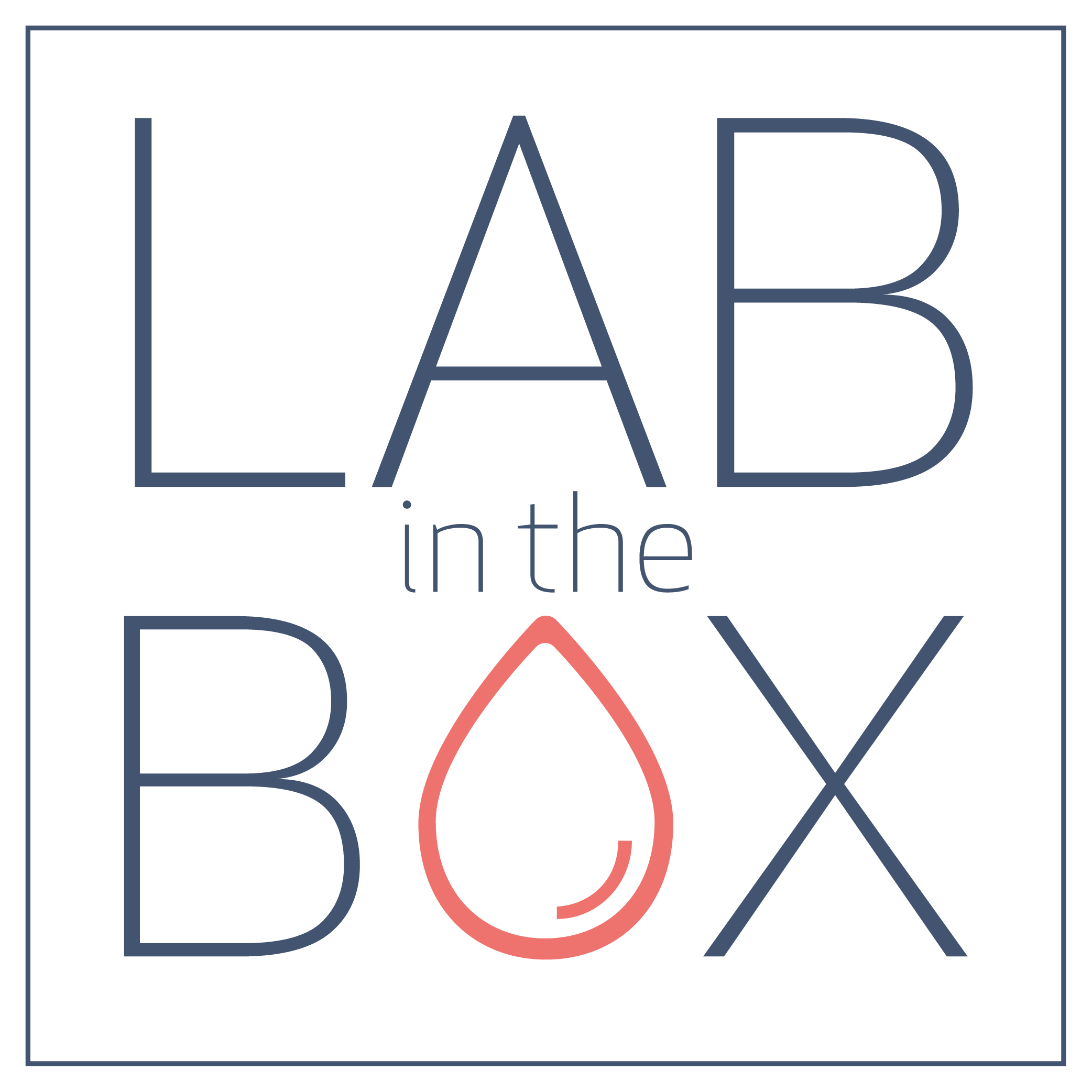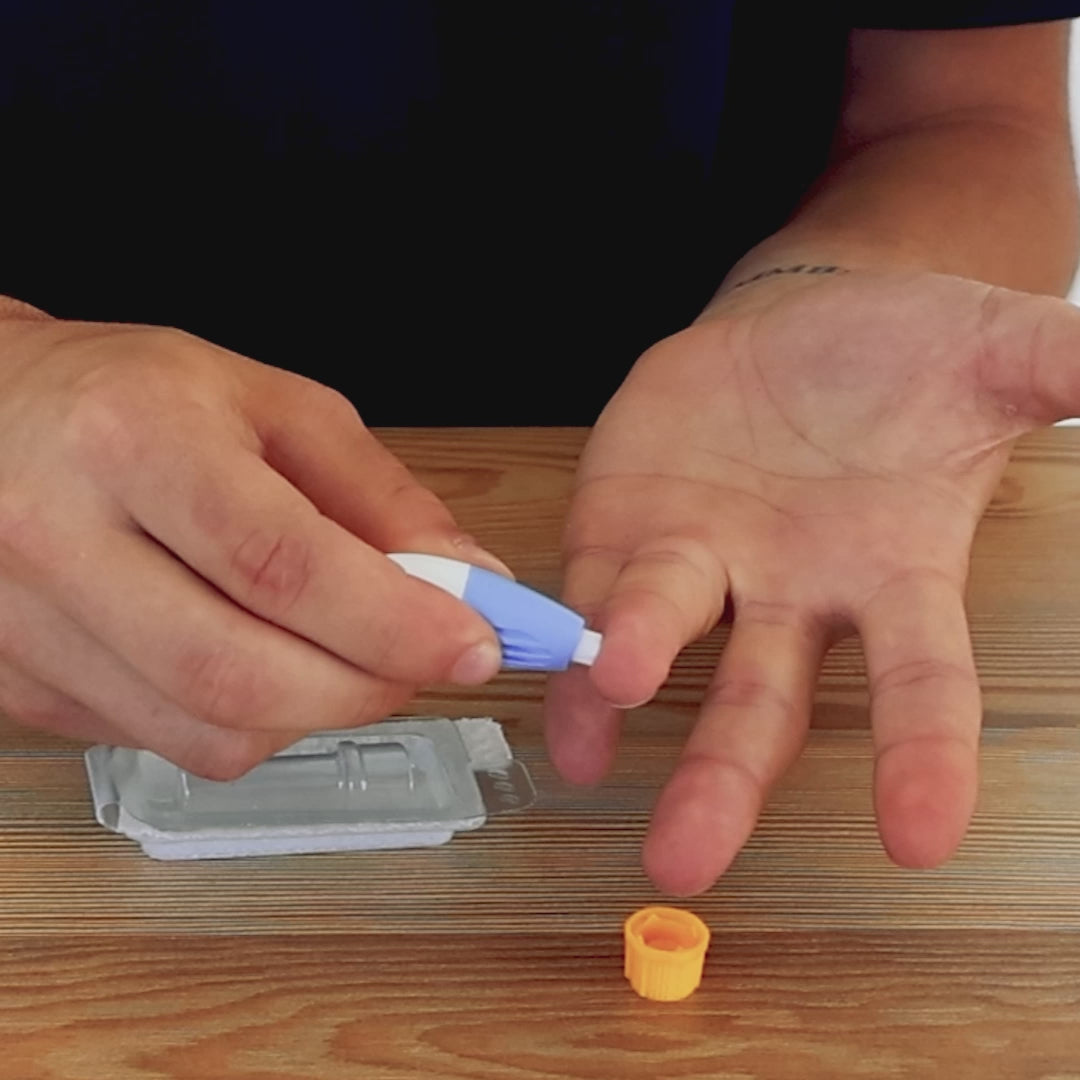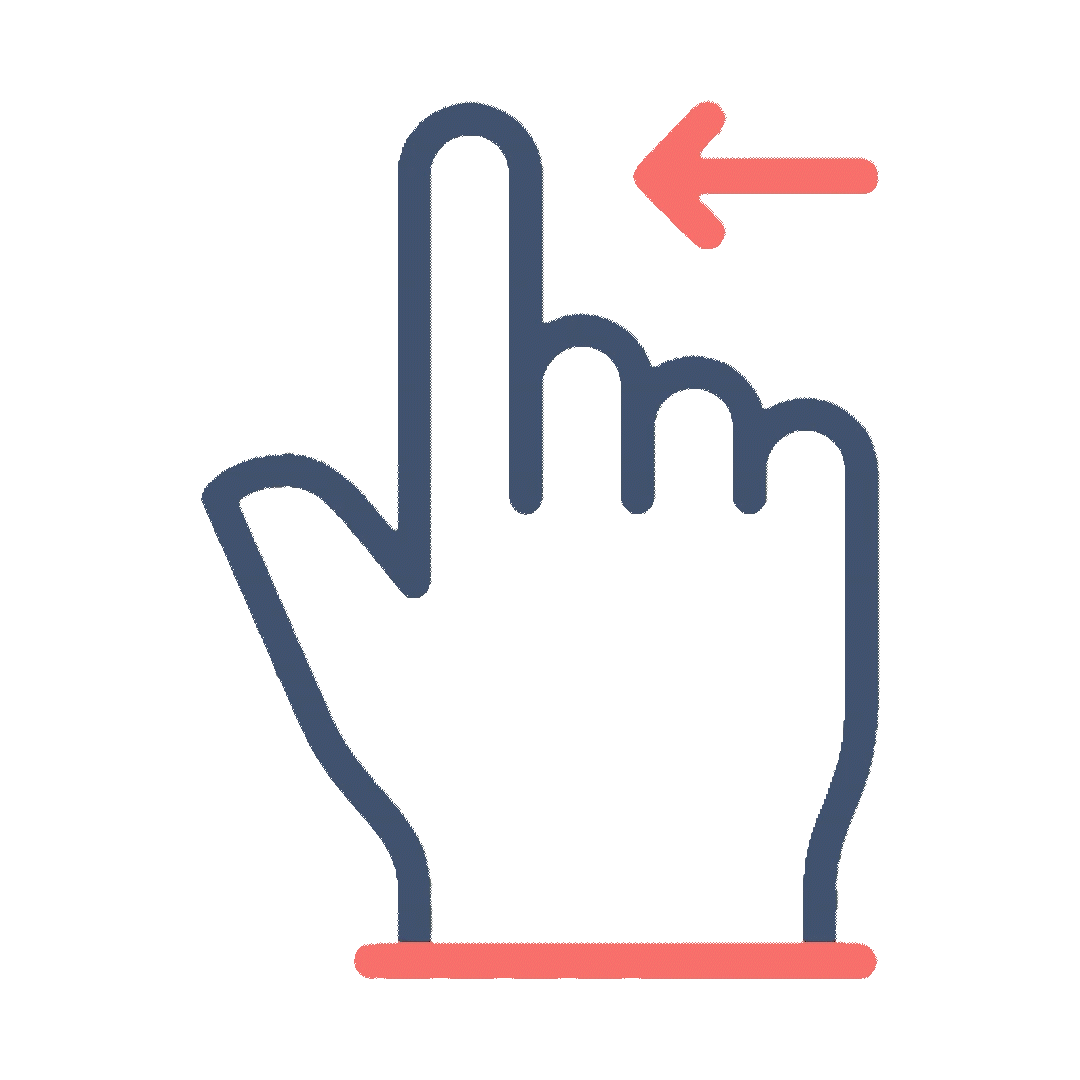Standard Heart Health Test
Standard Heart Health Test
Laboratory test with home collection to check cholesterol levels and help identify or monitor diabetes.
Collection availability could not be loaded
This kit allows you to:
This kit allows you to:
🩸 A prick on the finger
🏠 Quick and easy blood collection at home
🧪 Reliable laboratory results
🕐 Results by email in 24h - 48h
Parameters tested
Parameters tested
Triglycerides, Total Cholesterol, HDL, LDL, HDL% of Total Cholesterol and % of Hemoglobin A1c (HbA1c ).
What is included in the test:
What is included in the test:
☑️ The kit includes all the material needed for harvesting and shipping;
☑️ Cost of sending the kit back to the laboratory;
☑️ Detailed instructions and training videos;
☑️ Digital results;
☑️ Specialized support if necessary.
When to test
When to test
- You need to be fasting for this test.
- The collection must be made before 11.30 a.m. on a Monday, Tuesday, Wednesday or Thursday and returned the same day by post at a drop-off point or by scheduling a pick-up by 12 noon.
Amount of blood to be collected:
Amount of blood to be collected:
For the collection tube with the yellow cap, you should collect a minimum amount of blood of 600 μL.
For the collection tube with the purple cap, you should collect a minimum amount of blood of 250 μL.
Fasting:
Fasting:
You need to be fasting for this test.

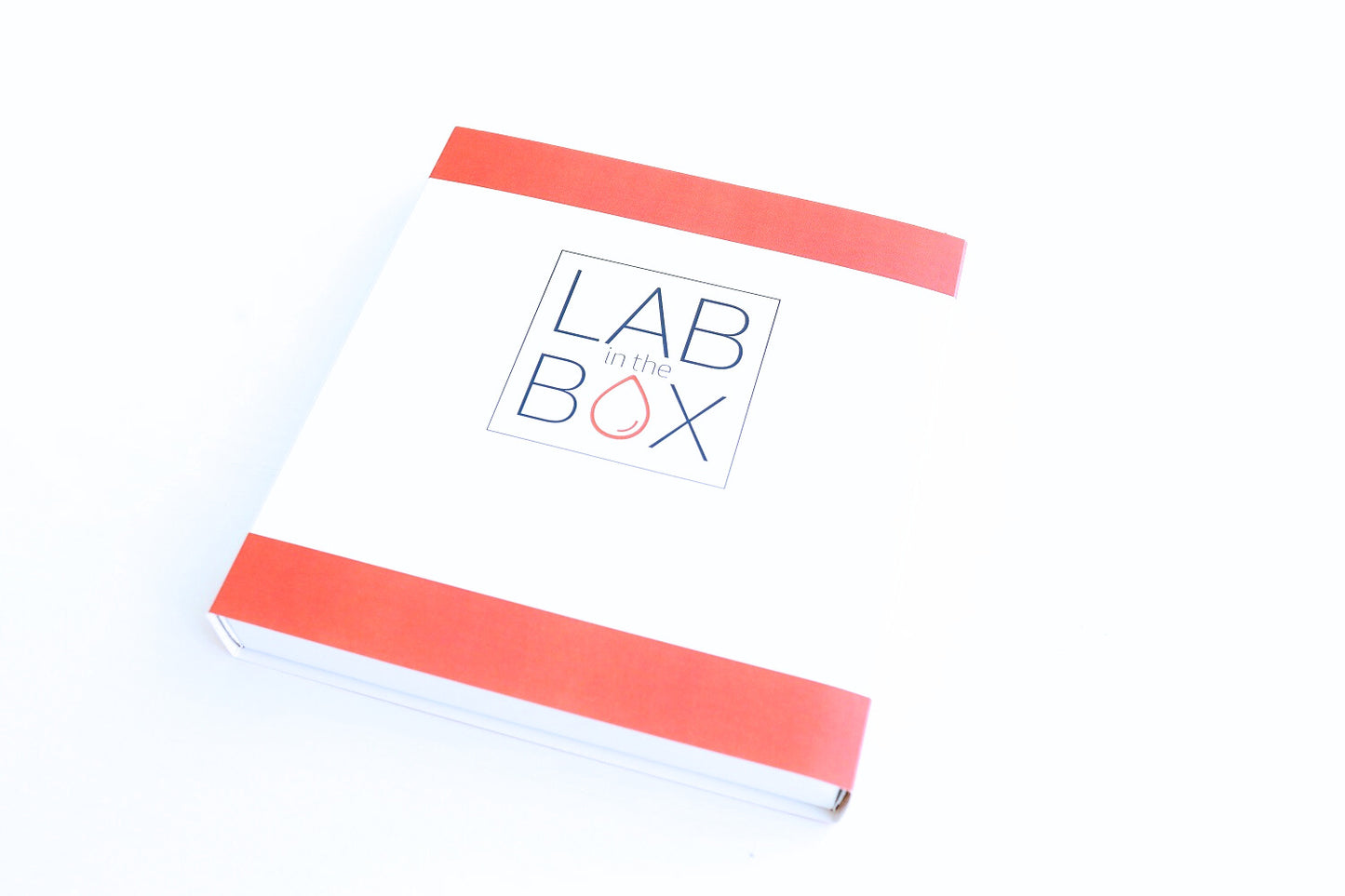
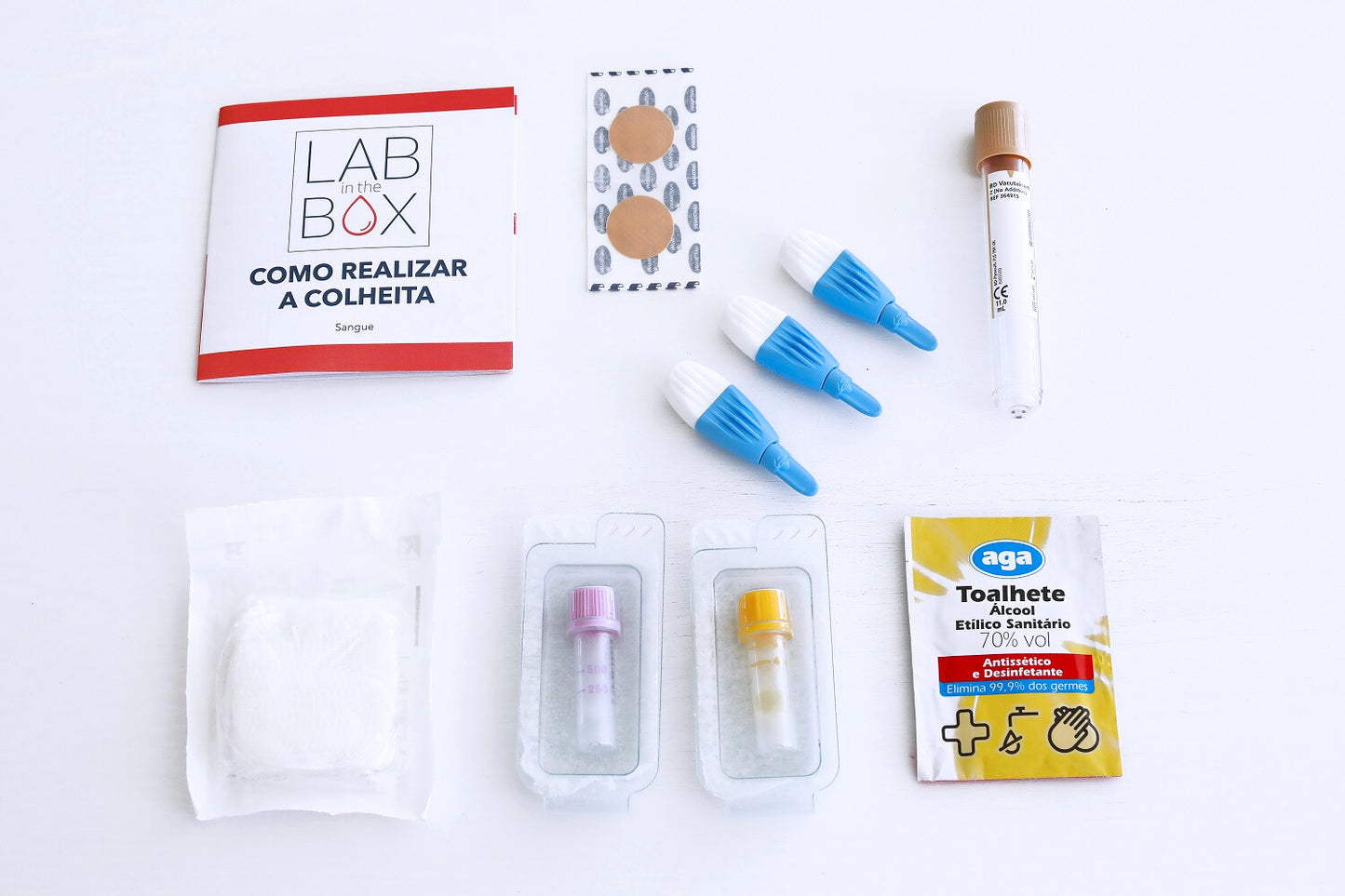
Who should take the test?
- If you want to access your risk of heart disease;
- If you have a family history of heart disease;
- Those who are overweight or obese;
- Those with a sedentary lifestyle;
- You drink alcohol frequently;
- He is an active smoker and does little physical activity;
- Anyone with a personal family history of Type 2 Diabetes;
- If you take cholesterol medication;
Parameters tested
Hemoglobin A1c (HbA1c)
HbA1c measures average blood sugar levels over the last 3 months. This test can be used to help diagnose diabetes or pre-diabetes and can also be used to monitor the disease diabetes.
Triglycerides
Triglycerides are a type of lipid found in the blood and form part of total cholesterol levels. When we consume more calories than we expend, the excess is converted into triglycerides and stored in our bodies in the form of fat.
Cholesterol
Cholesterol helps our bodies produce hormones, Vitamin D and bile (which is important for digesting the food we eat). If levels are too high, there may be an increased risk of heart disease.
LDL
Commonly referred to as bad cholesterol, LDL is essential for our health. At high levels, LDL can cause fatty deposits to build up inside the artery walls and potentially lead to atherosclerosis and cardiovascular disease.
HDL
HDL cholesterol is a high-density lipoprotein that is produced in the liver and is part of total cholesterol. HDL helps to remove LDL (bad cholesterol) from the bloodstream and send it back to the liver.
